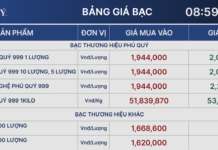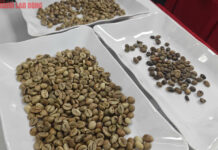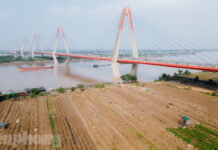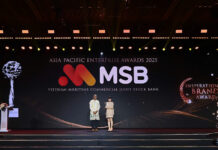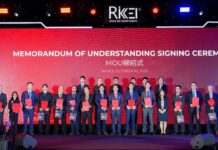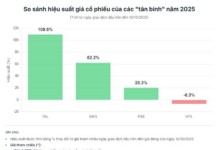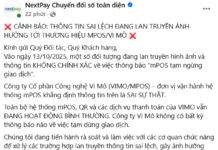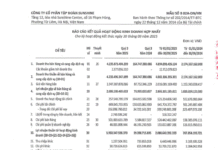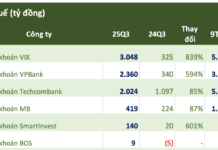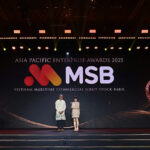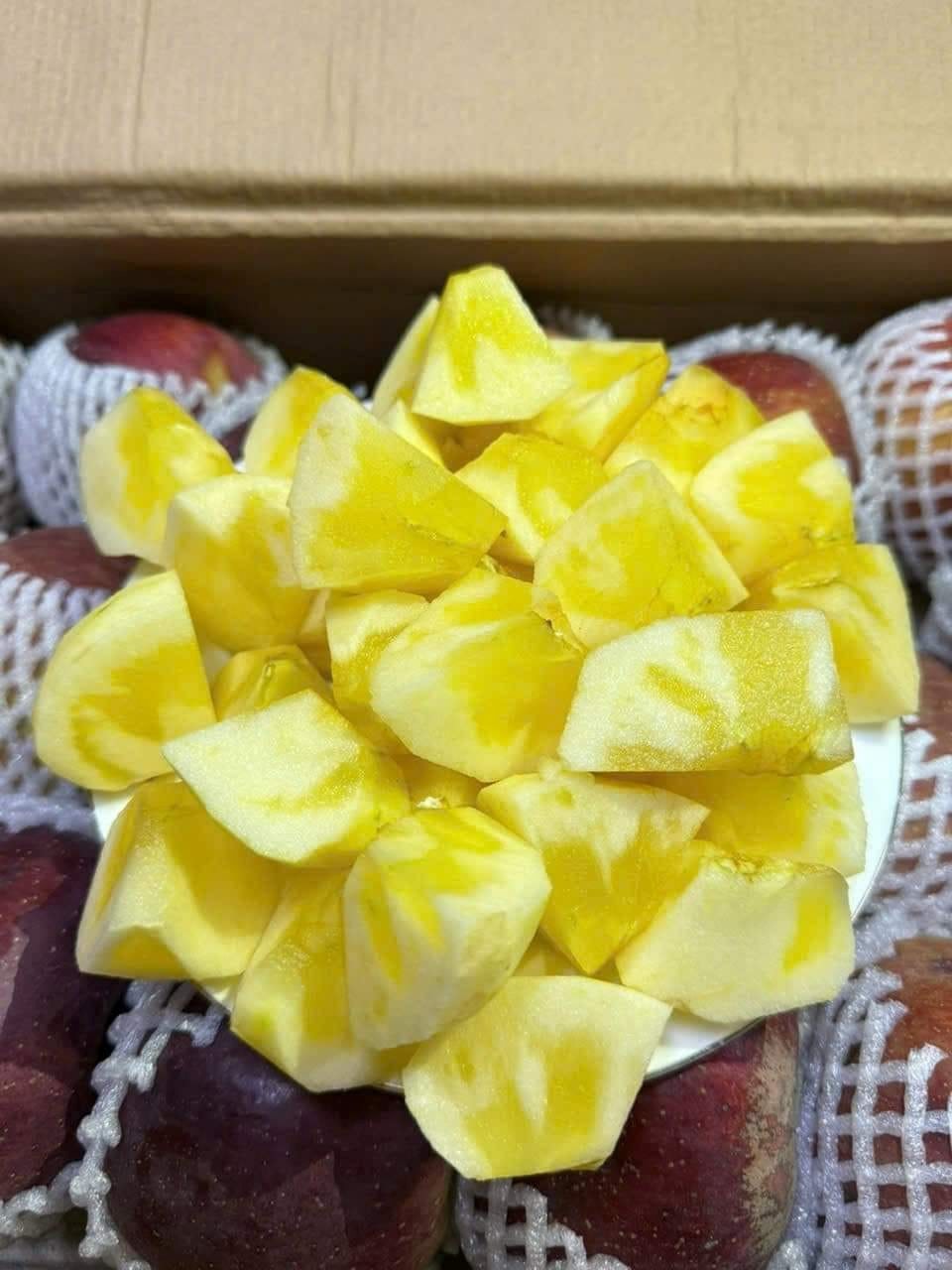
Chinese honeycrisp apples have been making their way onto the shelves of street vendors, traditional markets, fruit stores, and even online “fruit markets” in recent days.
According to the vendors, this apple is a “Japanese honeycrisp apple” variant from China. It is a Fuji apple—a Japanese cultivar—grown in the high mountains of Guizhou, China, about 200 km from Dong Van, Ha Giang, Vietnam. The region’s elevation, at over 1,800 meters above sea level, provides an ideal climate for growing crisp, sweet apples with distinctive honey-like veins.
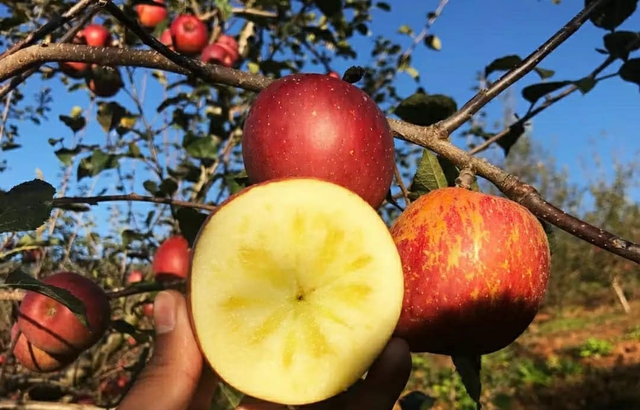
The Japanese honeycrisp apple is a cross between two American apple cultivars: Red Delicious and Ralls Genet. The apples are fertilized with organic fertilizer, resulting in a remarkably sweet flavor. This variety typically ripens in September and peaks in October and November, making it the perfect time to enjoy these apples at their best.
The apples are medium-sized with thin skins. As they ripen, the skins turn a deep red. The flesh inside has a pale yellow hue, and it is both sweet and fragrant. The core of the apple has a translucent appearance, resembling honey, which is where the name “honeycrisp” comes from. While there is no guarantee that every apple will have the same amount of “honey,” you can expect to find it in 80-90% of the fruit. The higher the ratio of honey veins, the crispier, sweeter, and more delicious the apple will be.
Despite their modest size and less attractive skin compared to other apple varieties, these apples have a firm texture and a delightful taste, offering excellent quality at an affordable price.
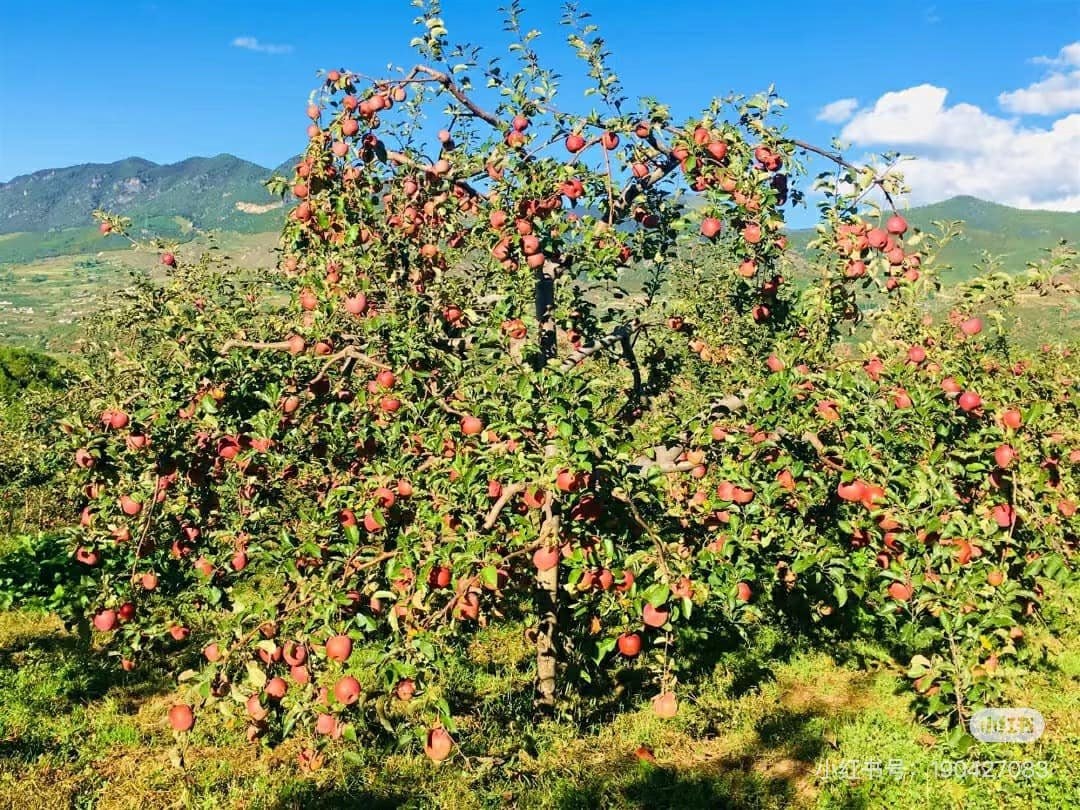

Honeycrisp apples are packed with nutrients and offer various health benefits. They are rich in antioxidants, aid in weight loss, improve memory, help prevent diabetes, protect against cancer, and support heart health.
According to a seller, these apples are transported from the harvest site in China and take 4-6 days to reach consumers in Vietnam, ensuring they are fresh and delicious without the need for wax preservation, commonly used for other apple varieties.
While Japanese honeycrisp apples can cost up to a million Vietnamese Dong per kilogram, this Chinese variety, grown from Japanese seeds, offers a much more affordable option without compromising on taste.
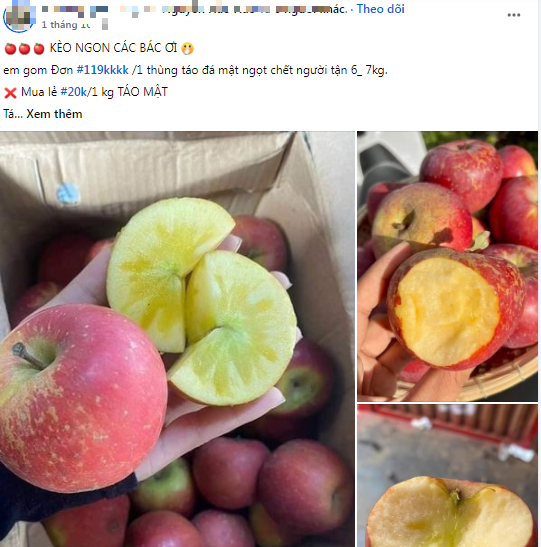
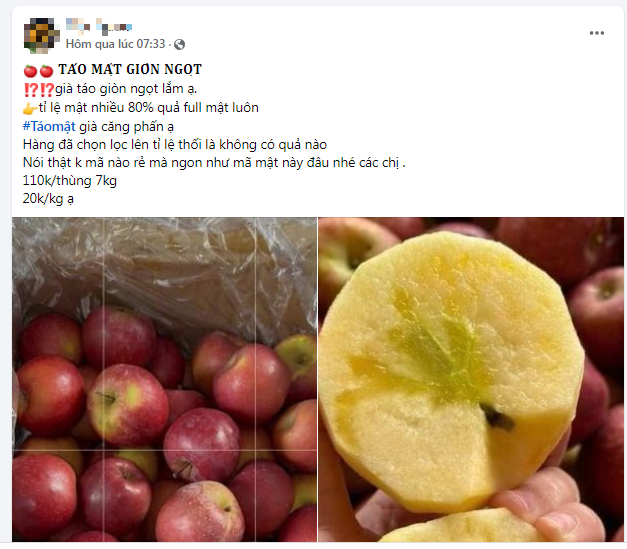
In the market, you can find VIP-sized honeycrisp apples packaged in cardboard boxes weighing around 14 kg. The price of Chinese honeycrisp apples varies, with the more affordable varieties costing only 7,000-8,000 Vietnamese Dong per kilogram. The VIP option, weighing 13-14 kg, is priced at 140,000-160,000 Vietnamese Dong per kilogram, or slightly over 10,000 Vietnamese Dong per kilogram for retail, and 15,000-30,000 Vietnamese Dong per kilogram for wholesale, depending on the quantity purchased.
When advertising these apples, vendors guarantee their delicious taste, crispness, and high honey content, with some claiming that “90% of the apples are full of honey” and that “the highly mature apples are covered in a fragrant bloom, and the VIP size ensures uniform fruit.”
According to some consumers, the honey content of these Chinese honeycrisp apples is comparable to their Japanese counterparts.

